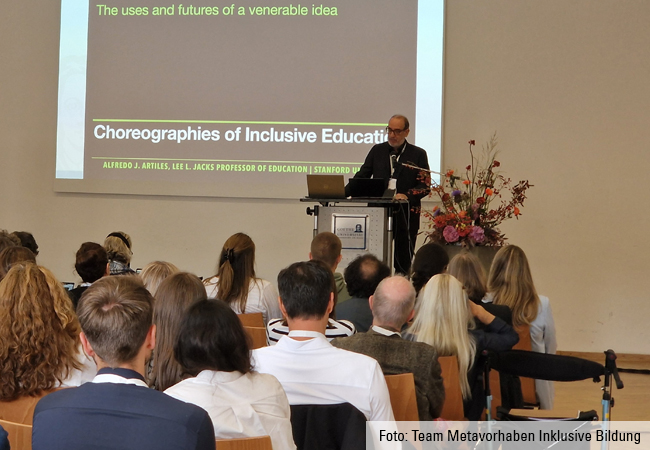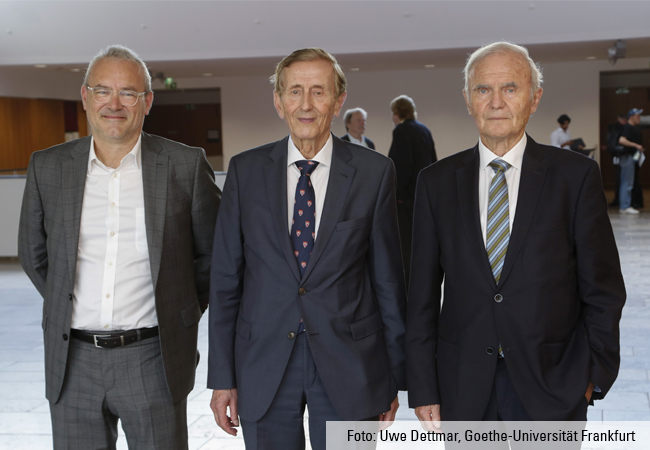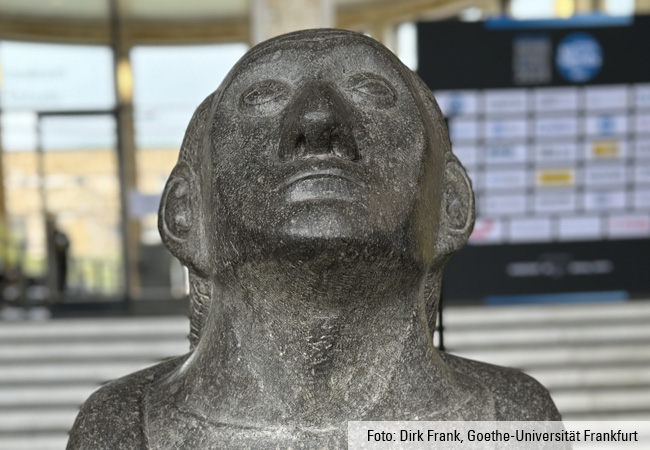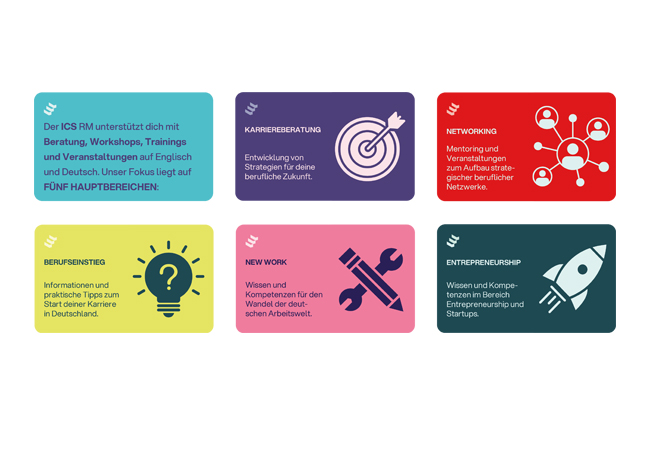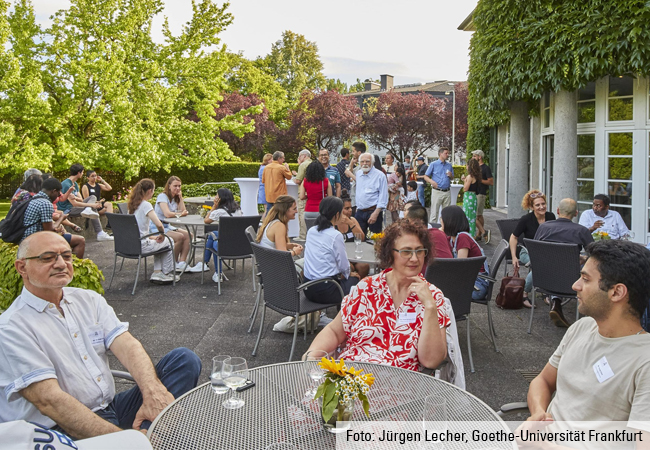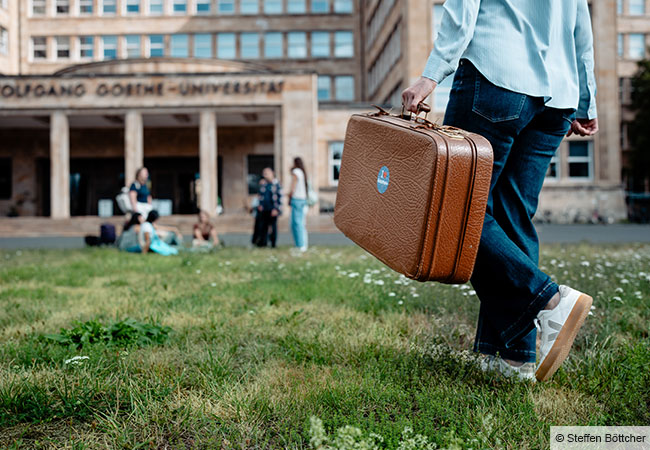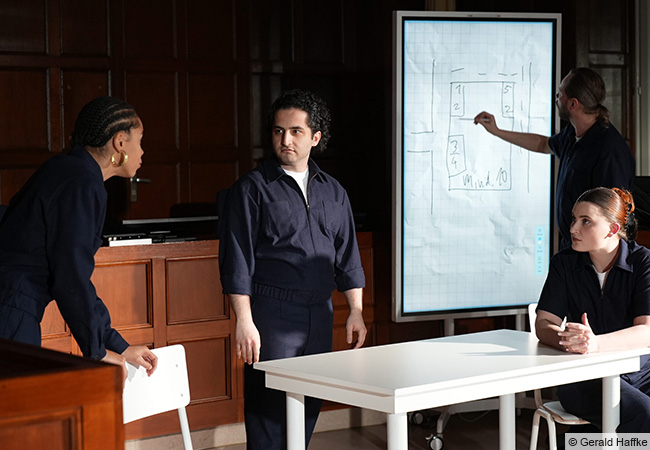The eighth Bad Homburg Conference focused on how AI is shaping our future.
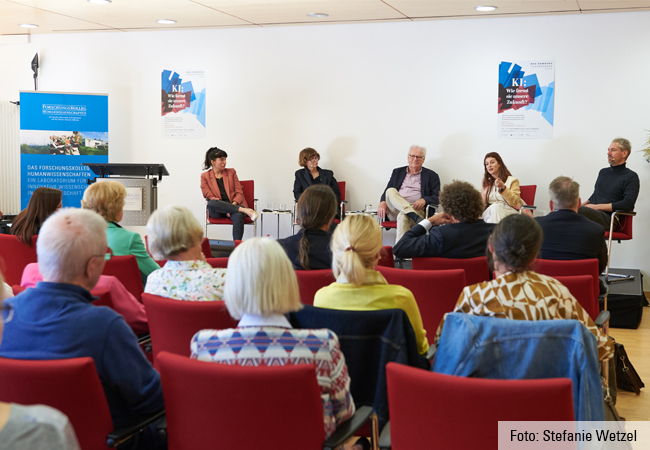
At the latest since ChatGPT appeared on the scene, it seems, the topic of Artificial Intelligence has been in the public consciousness. But how do AI systems come up with their statements and forecasts, what can they really tell us about the future, and where are their limits? What assumptions, distortions or power relations are involved? How are they changing our actions and our decisions? And how are they impacting the self-image and world view of individuals and societies? These and other questions were the focus of this year’s Bad Homburg Conference, organized by the Forschungskolleg Humanwissenschaften (FKH) at Goethe University, the Center for Critical Computational Studies (C3S) of Goethe University, and the town of Bad Homburg v. d. Höhe. In her welcoming remarks Juliane Engel, Professor of Education at Goethe University and a founding director of the Center for Critical Computational Studies (C3S), stressed that the interaction between human beings and AI was the key factor. The question was not only how AI shapes our future, but also how we shape the future of AI.
The philosopher Prof. Stefania Centrone (TU Munich) delivered a lecture analyzing the possibilities and limits of AI forecasting and the consequences for individuals and society. Why did and do human beings want to mechanize thought, she asked, and presented – with a look back at philosophical discussions since Antiquity – fundamental arguments for and against mechanization. Today, Centrone bemoaned, AI stumbles over quite trivial problems and does not (yet) have such a thing as “common sense.”
To open the panel discussion moderated by Prof. Matthias Lutz-Bachmann on “AI in politics and art – Between manipulation and freedom,” Eileen O’Sullivan, Head of Department for Citizens, Digital and International Affairs of the city of Frankfurt, described the major challenges for a municipality like Frankfurt. During the next 10 years, she said, the city’s workforce will shrink by 28 percent, and the shortage of skilled workers will exacerbate the personnel situation. Simultaneously, the tasks for the city administration will grow without any increase in the budget. Against this background, AI offers an opportunity for remaining functional. O’Sullivan used applications for housing benefit as an example: standard cases could be automated, leaving staff with more time for the special cases. AI could be deployed to improve services for residents, and the city would become a more attractive employer. At the same time, it was necessary to examine which data AI was being used on. Stricter regulations were needed, e.g. to prevent the use of AI tools to manipulate society for populist aims.
Benjamin Rathgeber, Professor of Natural and Technical Philosophy at the Munich School of Philosophy, said the basic dilemma was that AI is encroaching into more and more areas of society – where the new technology is needed – but that these areas should be served by players who can also assume responsibility. However, Artificial Intelligence cannot yet do this. According to Prof. Rathgeber, we should think more about how we discuss AI in the first place. AI should not be thought of either as a player or an object. In this context he spoke about the tense relationship between autonomy and autonomation. The latter relieved the burdens on people and could potentially create free spaces, but we must avoid the danger of no longer being able to act autonomously vis-à-vis the technology.
Antje Krause-Wahl, Professor of Contemporary Art History at Goethe University, criticized the fact that while AI had already been a topic of many art exhibitions over recent years, they were unfortunately dominated by fascination with the possibilities of AI while critical positions faded into the background. Prof. Krause-Wahl considered it necessary to first clarify our understanding of art: do we prefer an experimental and affirmative approach to technology, or do we want art to cast a critical look at society when handling its material? She appealed for the latter. In what is called “post-internet art,” she added, a generation that has grown up with the internet was questioning these new digital technologies. She gave the example of an artwork that took a critical approach to facial recognition software. She pointed out that artists certainly also see critical potential in AI tools – in the field of queer art, for instance, the heteronormative world is juxtaposed with imaginations of other bodies.
Ina Neddermeyer, Director of Goethe University’s Museum Giersch, confirmed the Antje Krause-Wahl’s assessment. As Museum Director she was interested in what rooms for discourse could be developed to counteract the hype and mystification surrounding AI. As an example, she mentioned Kate Crawford’s book “Atlas of AI” that outlines the background to the technology, including the huge need for raw materials to produce digital devices. The exhibition “Fixing Futures” (scheduled for next year) is intended to show how AI can also be used to generate and discuss various futures. At the same time, she said, museums are facing the questions of whom they are reaching, how ivory-tower and detached the discussions about the new technology are, and how one can communicate these topics to a broad public.
Other topics and guests at this year’s Bad Homburg Conference included the sociologist Prof. Armin Nassehi (LMU Munich), who spoke on society’s expectations of AI and the technical and social challenges that society should face up to. The computer scientist Prof. Kristian Kersting (TU Darmstadt) sketched out a vision of a “reasonable AI” that thinks about the world with a kind of “common sense” and continually learns new things. In addition, the subjects of law and business, politics and art, education and health were addressed in three panel discussions with twelve experts from academia and society considering how they could be influenced by the use of AI.
The Bad Homburg Conferences have been organized jointly by the Forschungskolleg Humanwissenschaften of Goethe University and the town of Bad Homburg since 2017. Every fall, they offer a public forum for reflection on important contemporary social questions. Since 2020 the Conferences have been available on the YouTube-channel of the Forschungskolleg: @FKHbadhomburg.
October 10, 2024, 6:00 p.m., lecture
Russia and the West. Dynamics of a recent estrangement
Katharina Bluhm (FU Berlin)
Forschungskolleg Humanwissenschaften,
Am Wingertsberg 4, 61348 Bad Homburg, lecture room
November 21, 2024, 7:00 p.m., panel discussion
The U.S. after the election (in German)
Manfred Berg (University of Heidelberg), Christian Lammert (FU Berlin), Greta Olson (University of Giessen), Johannes Völz (Goethe University and FKH, moderator)
Forschungskolleg Humanwissenschaften,
Am Wingertsberg 4, 61348 Bad Homburg, lecture room
December 12, 2024, 6:15 p.m., Democratic Vistas Lecture Series:
What does “democratic life form” mean?
“Absolute freedom for all spirits”.
On the aesthetics of the democracy of Hölderlin and Rancière (in German)
Achim Geisenhanslüke (Goethe University)
Goethe University, Westend Campus, Casino CAS 1.811,
Nina-Rubinstein-Weg 1, 60323 Frankfurt am Main


